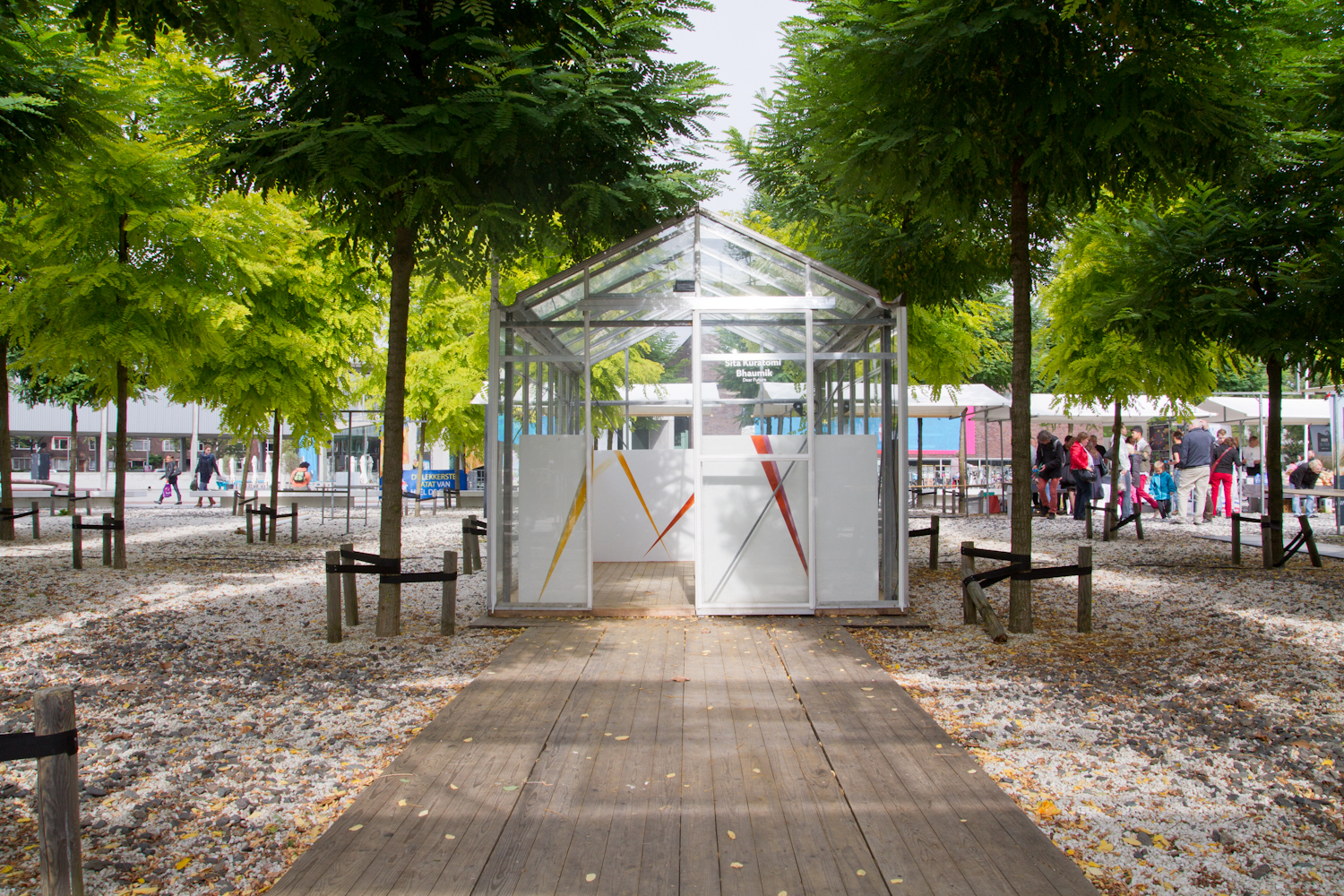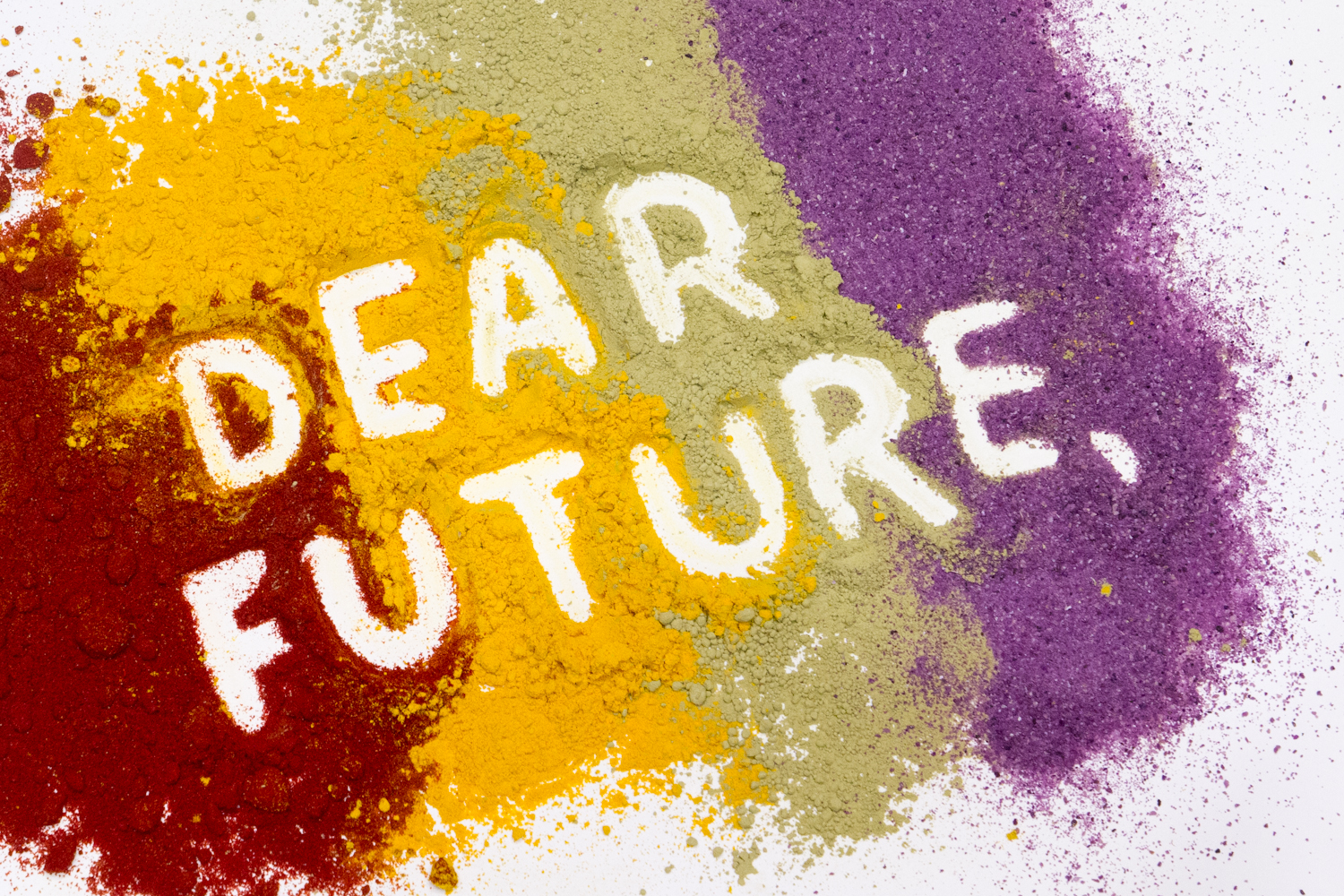


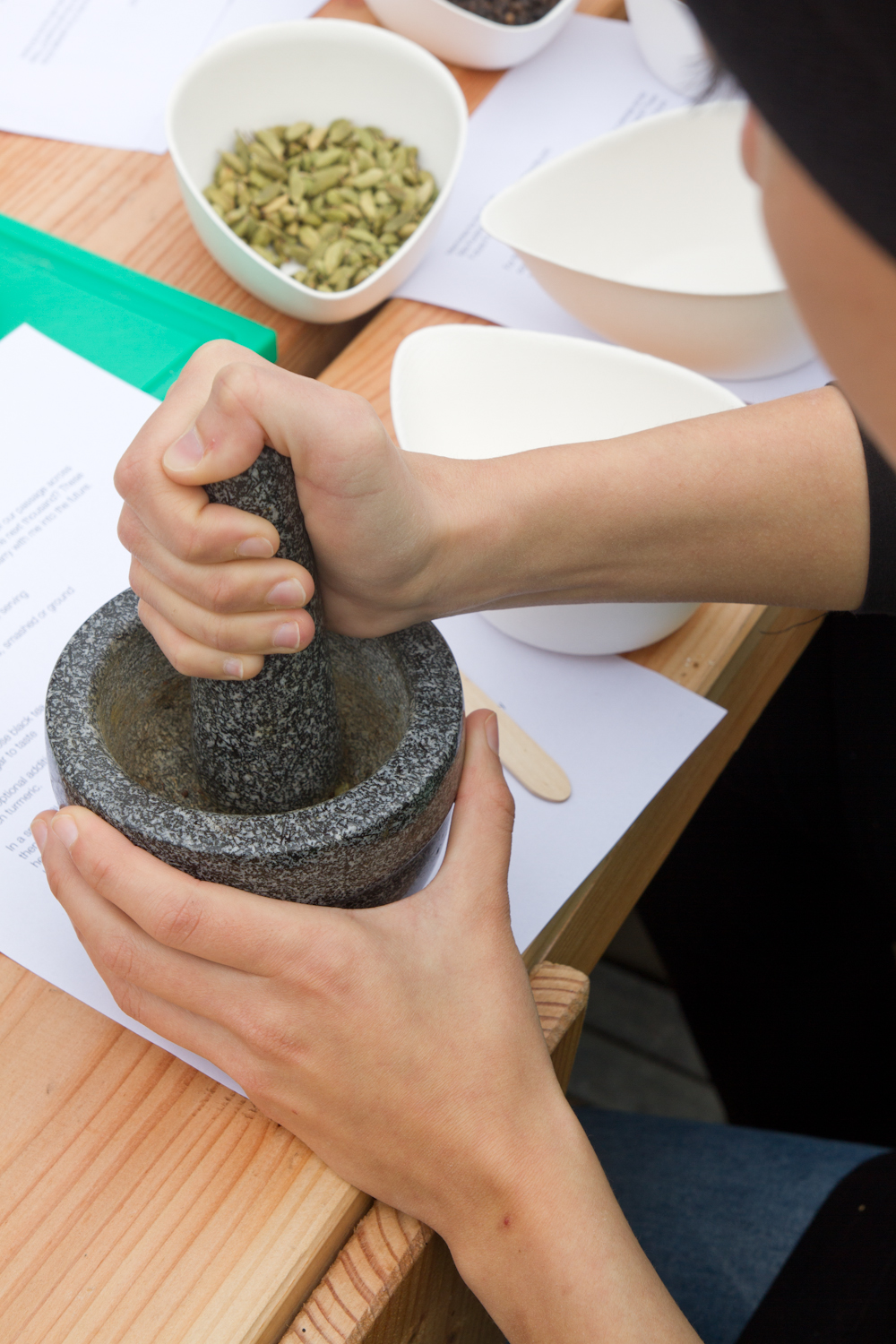
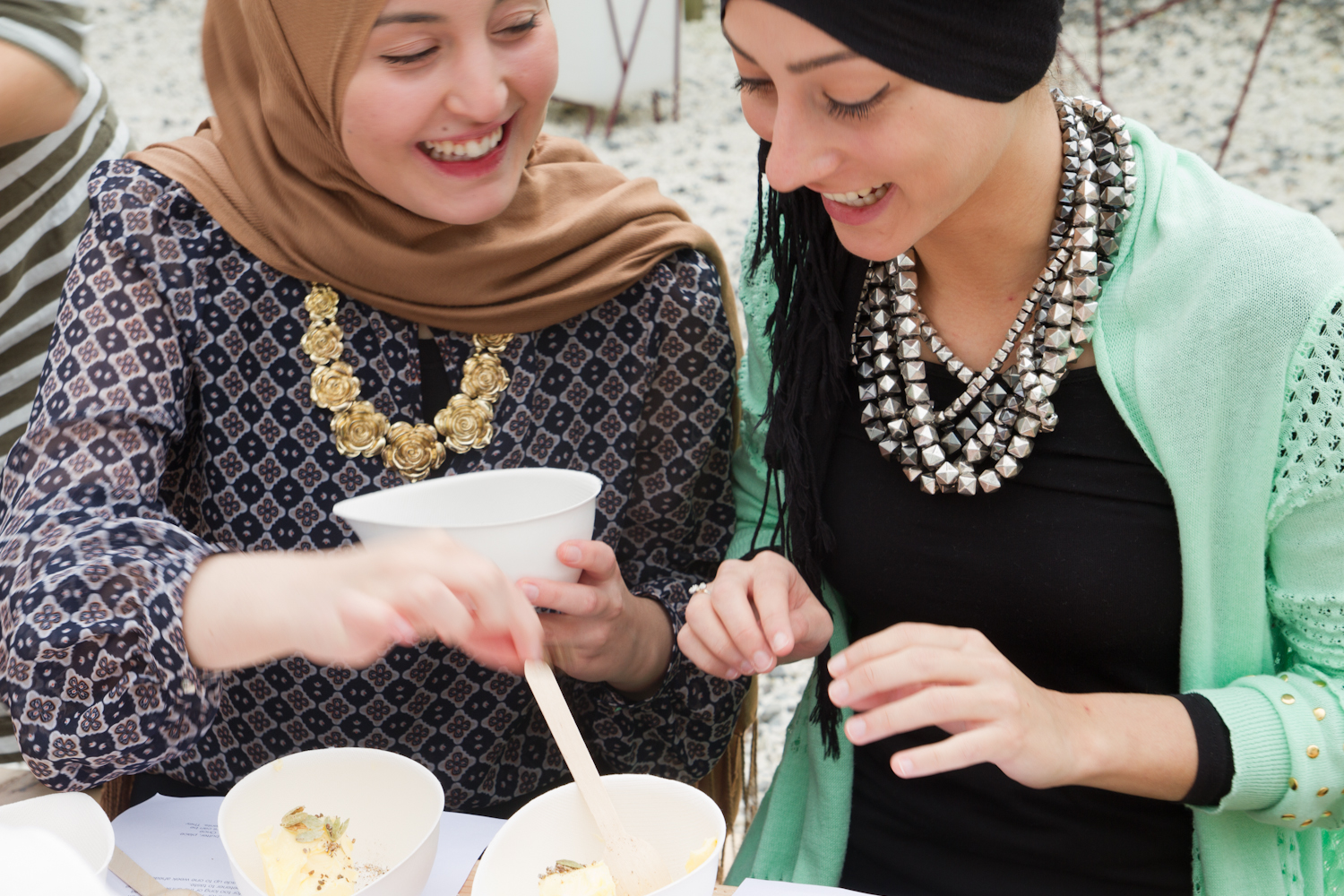
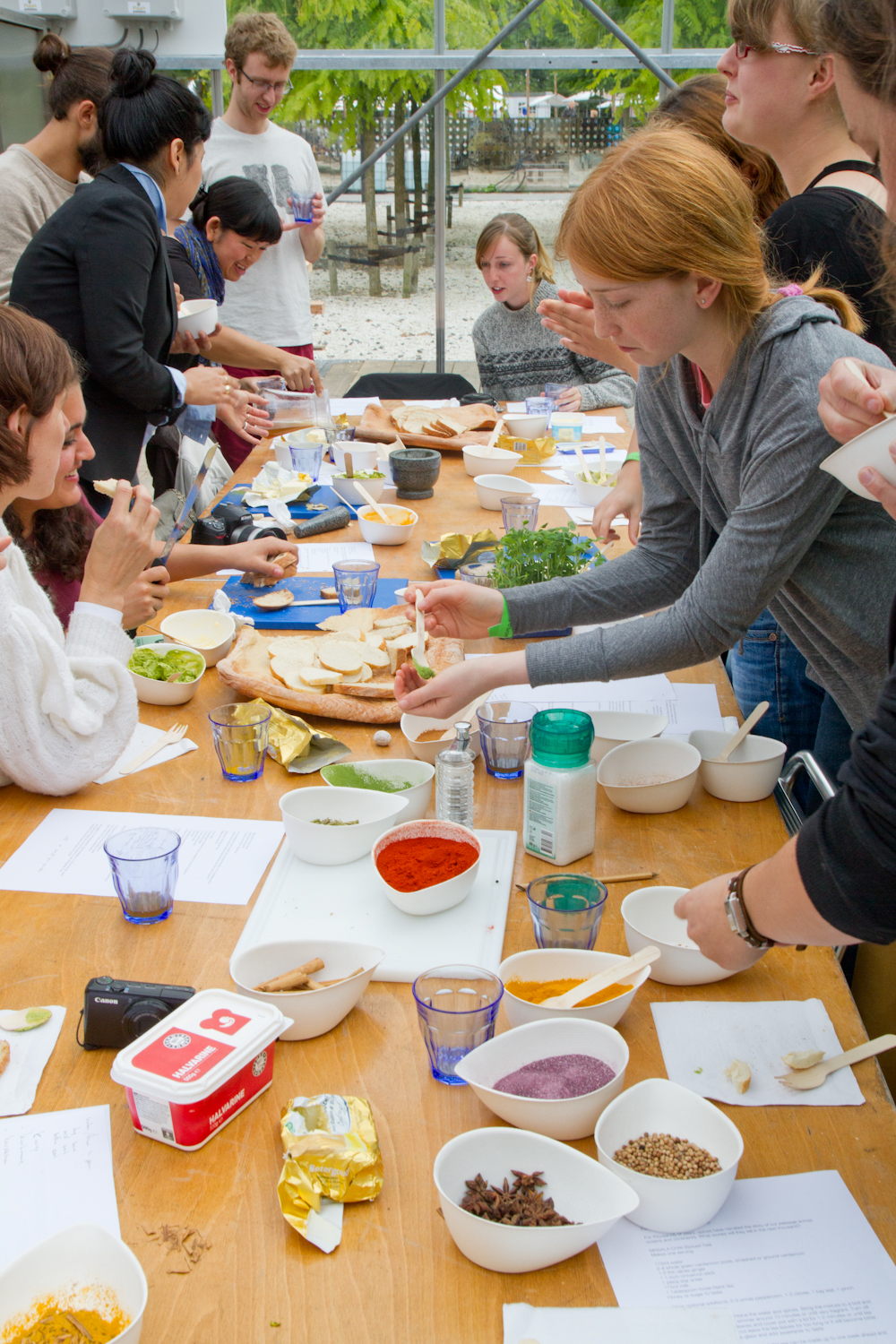
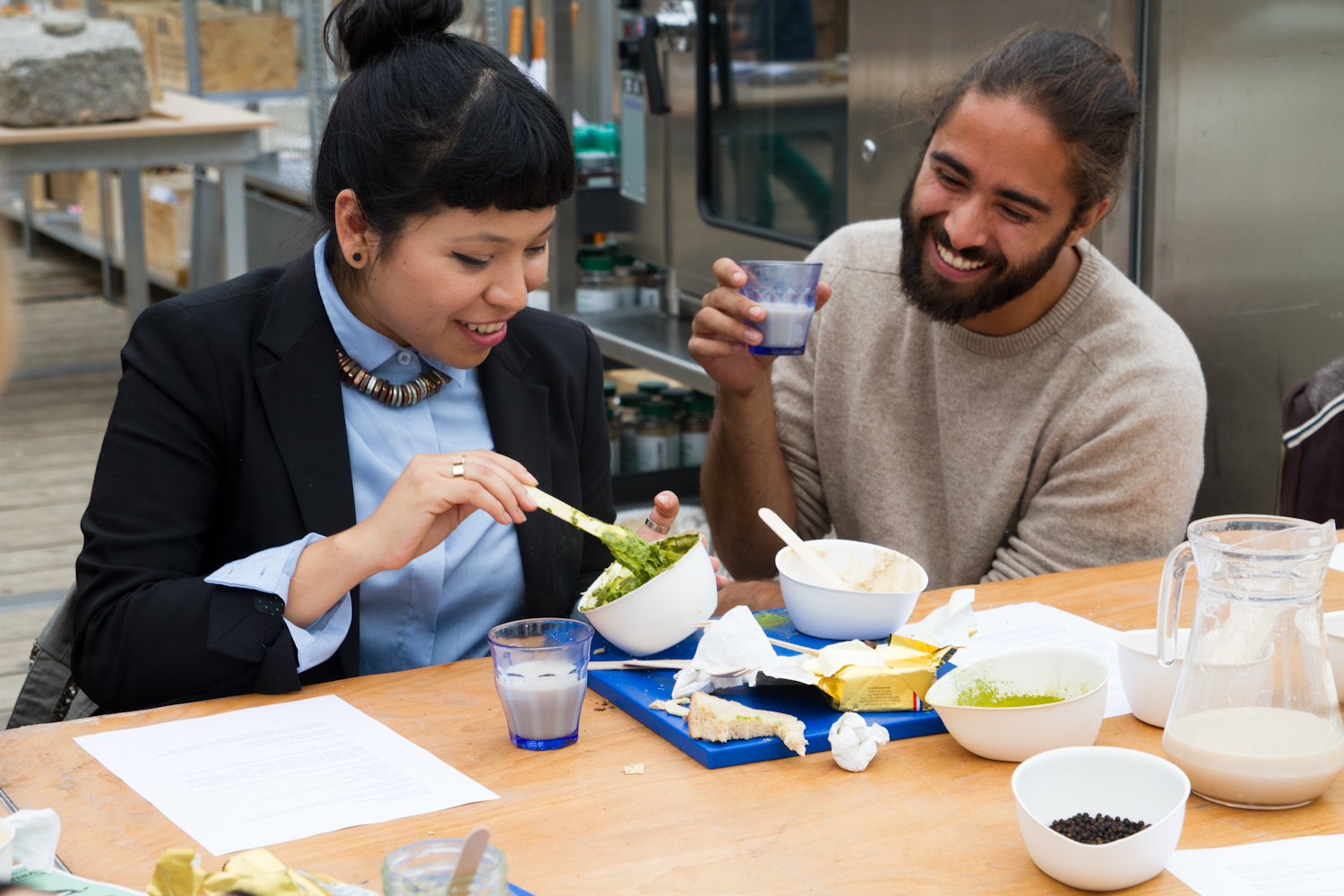
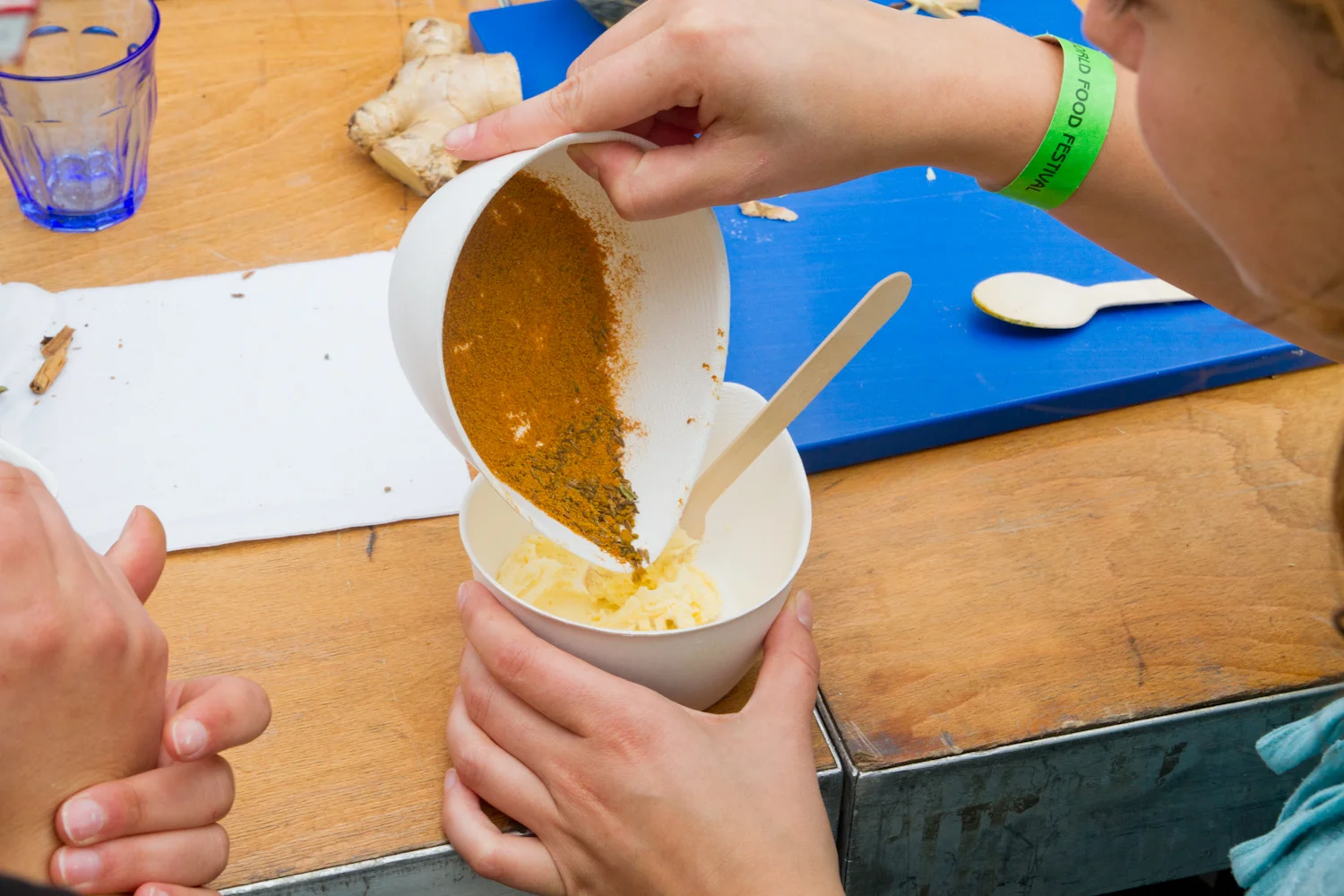
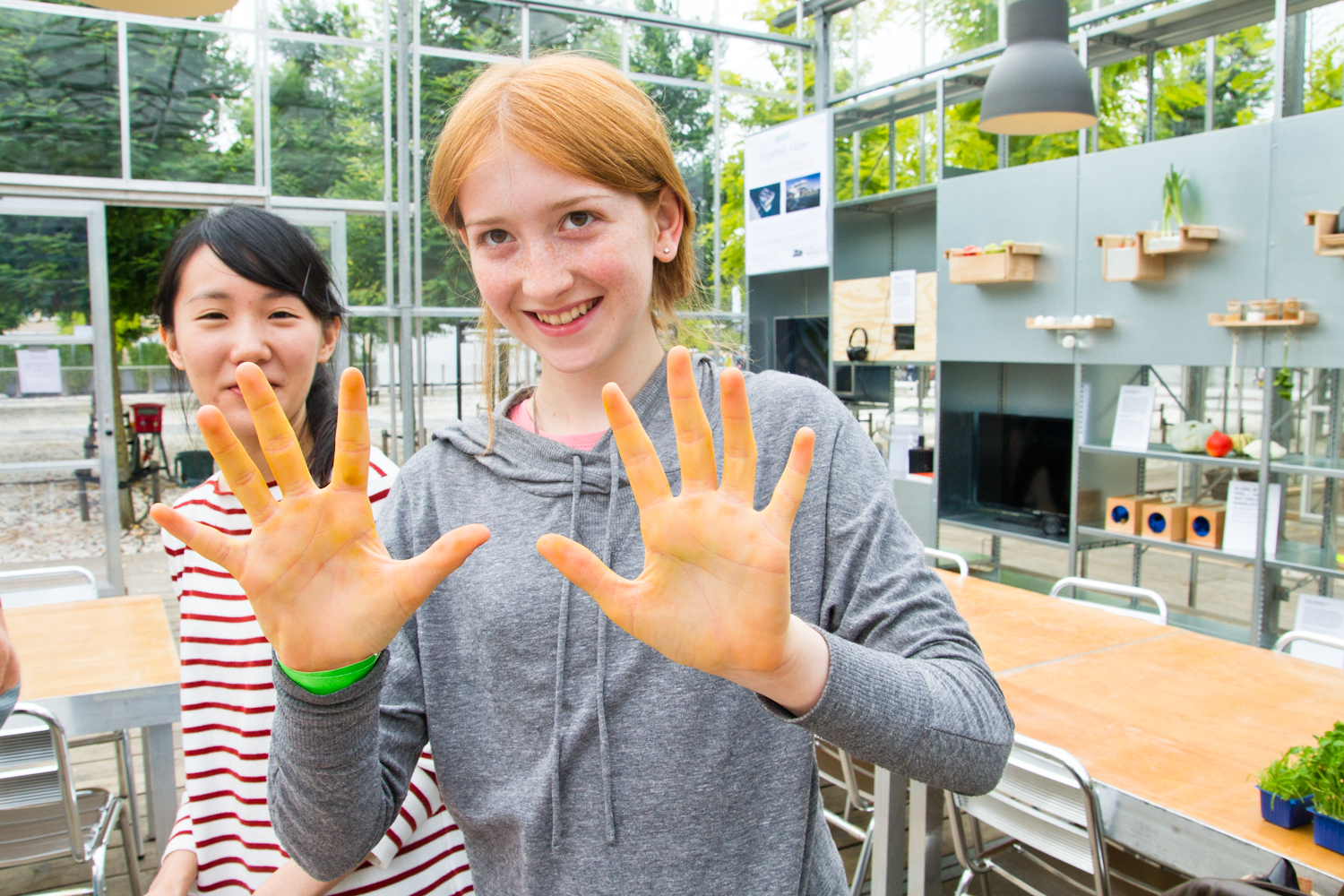
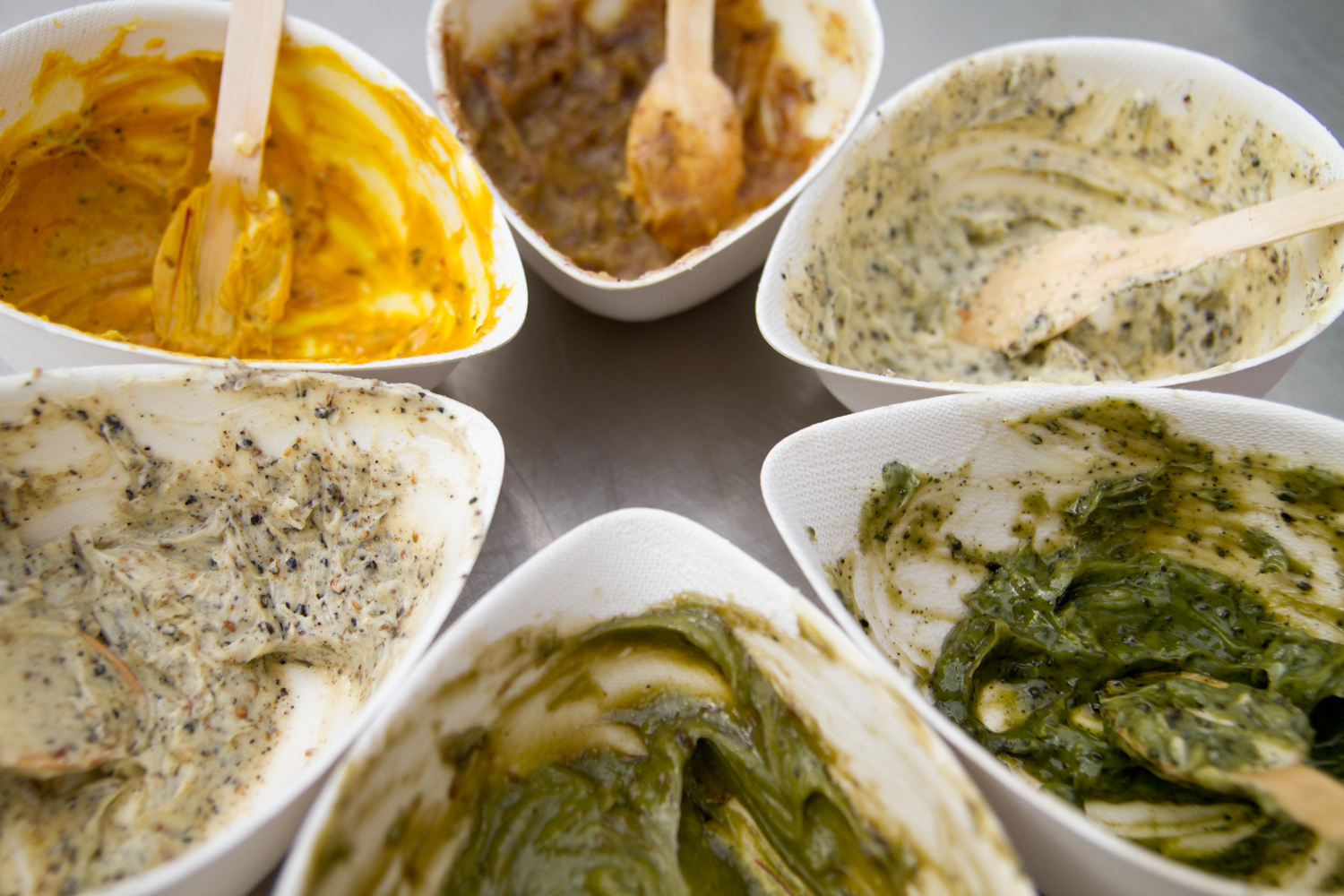
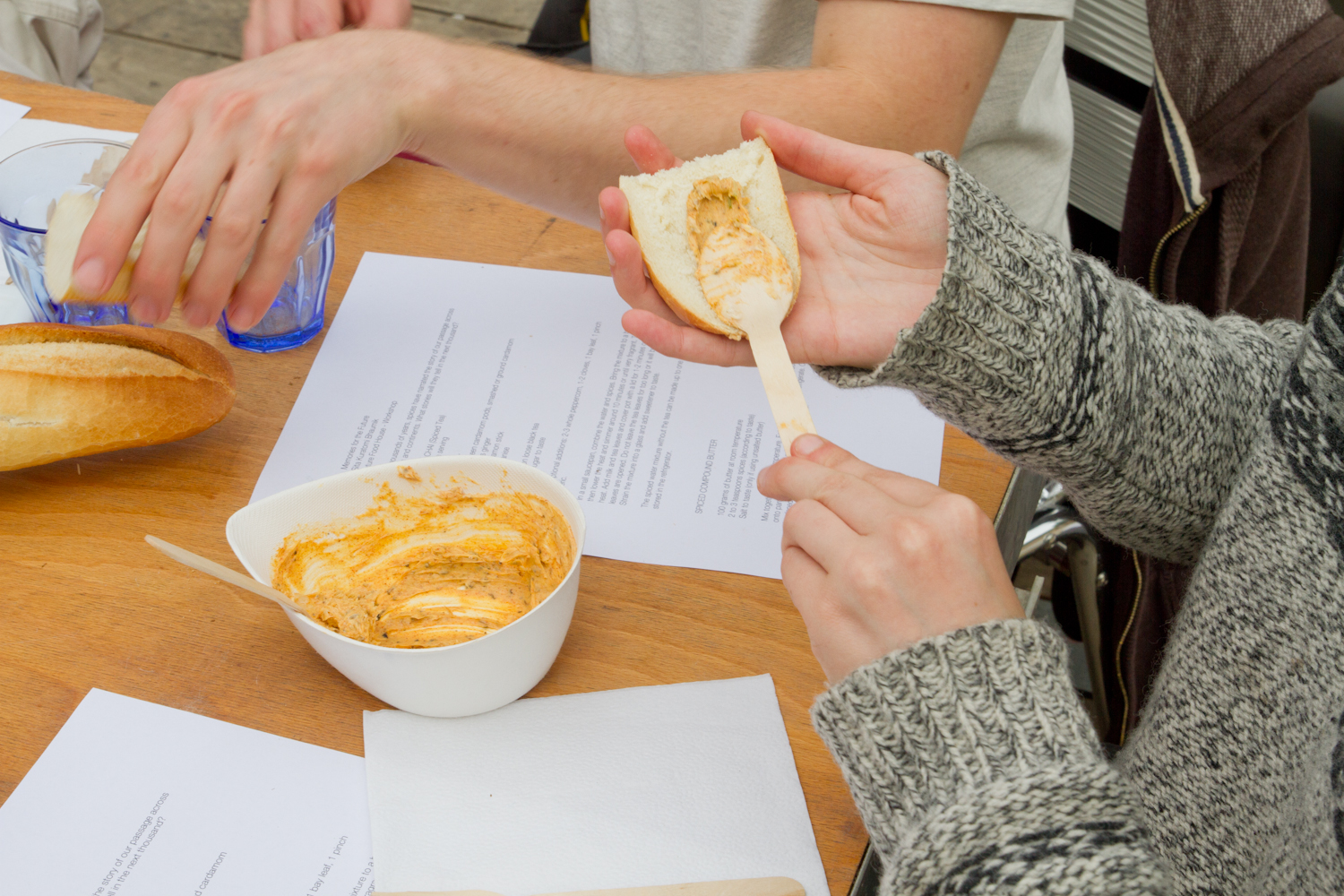
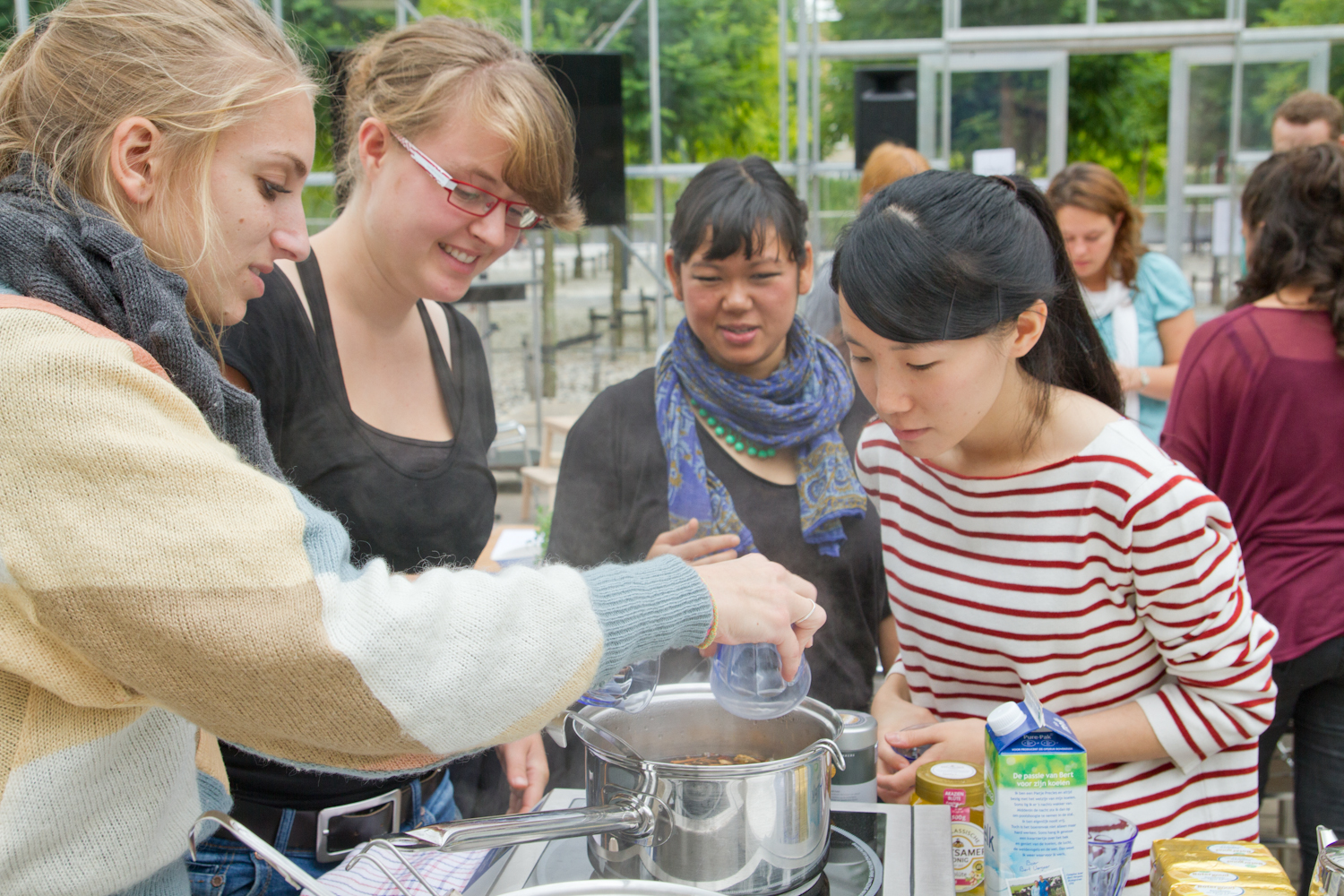
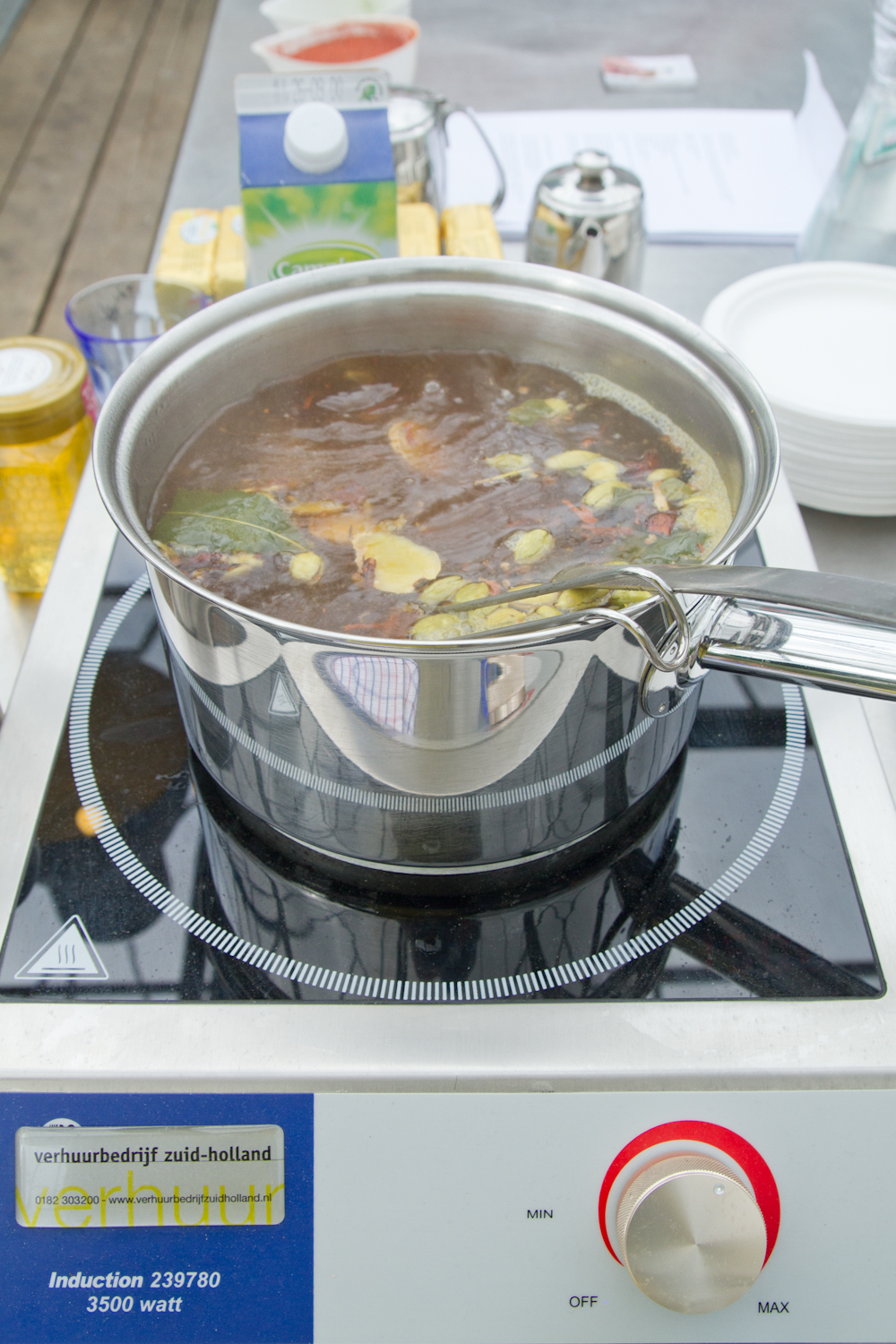

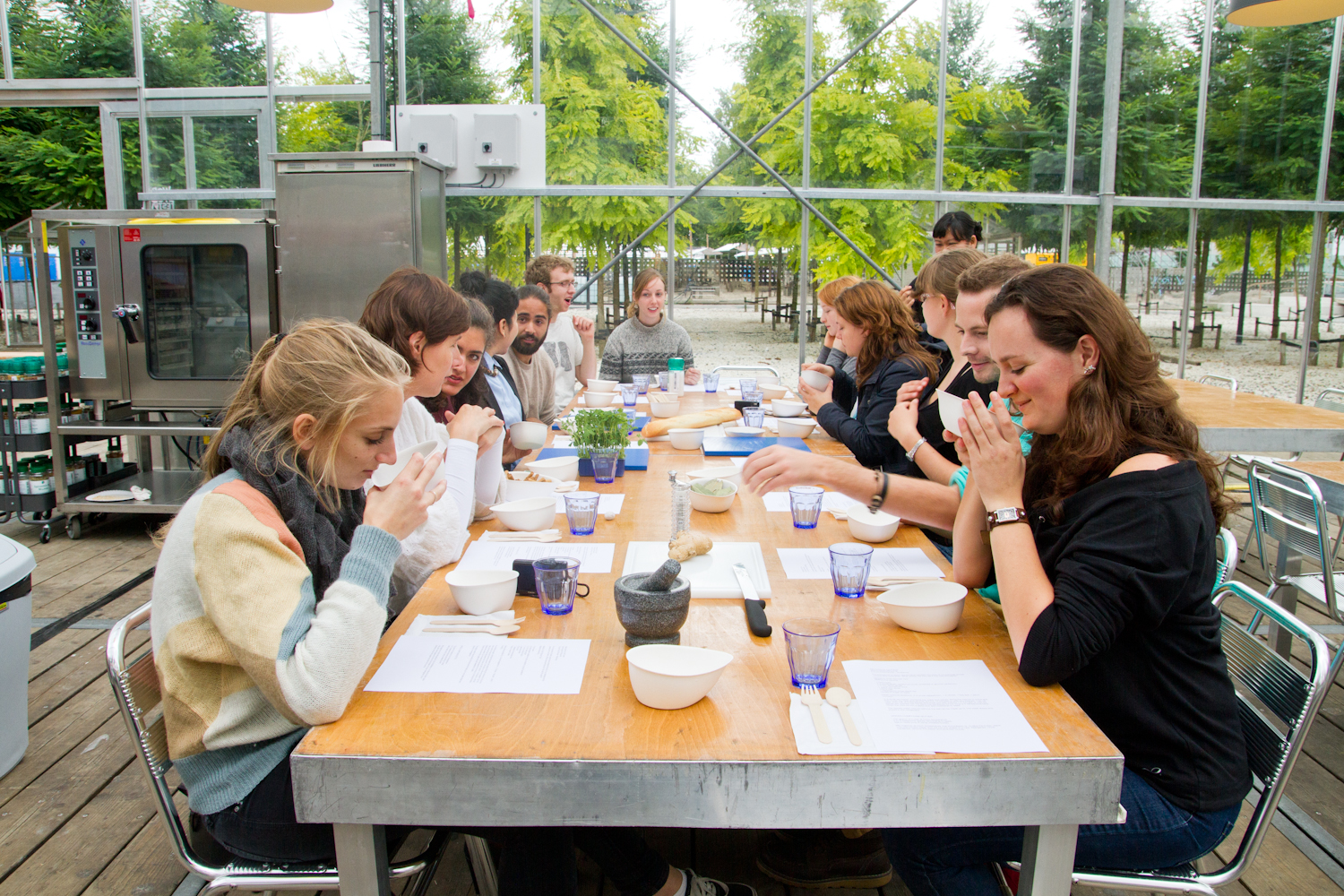
Dear Future,
Workshop Series
Oakland, USA and Rotterdam, NL
2013
For thousands of years, spices have narrated the story of our passage across oceans and continents. What stories will they tell in the next thousand?
In the Fall of 2013 I was invited to participate in the Future Food House by designer Marije Vogelzang. Marije asked me to consider not only the material future but also the emotional future of food. As I began to research the port city of Rotterdam, the site of the installation, I was struck by the similarity of Oakland, where I live, and Rotterdam in their iconic skyline of cranes. Both urban centers are defined by industry and overshadowed by larger, prettier neighbors with more polished reputations.
But as port cities, both have been shaped by the millions of people who have come to work on its shores. In the Netherlands, Rotterdam has the highest percentage of foreigners from non-industrialized nations. Nearly half of Rotterdam's population is non-Dutch and approximately 13% are Muslim. With the Second Great Migration of Black Americans from the South beginning in the early 1940s, Oakland has one of the highest ethnically diverse populations in the United States. It also has the highest national proportion of partnered lesbian households. The imprints of these histories are evident in the bellies of its residents. What desires do these people and these cities hold for the future of food?
Two workshops open to the public were held in conjunction with the Future Food Festival. Together, we made masala chai and sweet and savory compound butters. Participants were asked to consider the past and the present of food as they learned new skills and shared their hopes for the future.
People's responses ranged from fears that "we will still have food" to wishes that salmon lumpia and fresh strawberries continue to exist for future generations. "Chew your food" said another participant, "and eat without judgement." A few people wanted food pills or touchscreen food machines to make eating more efficient. More than one child hoped that nutritious food would taste like candy. In Rotterdam, I also heard a desire for the food of the future to echo the past. Many non-Dutch residents I spoke to longed for the inefficiency of three-hour-long family meals. But overwhelmingly, urban residents longed for food grown steps from people's homes. "I wish that everyone could have a garden" said one 80-year-old Oakland resident. We heard versions of this message over and over again. Fresh food, real food, and enough of it to go around.
Special thanks to:
Curator Marije Vogelzang
Event Organizer Valerie Kuster
Verstegen

